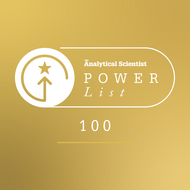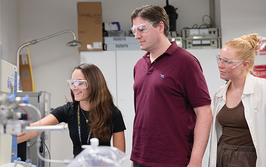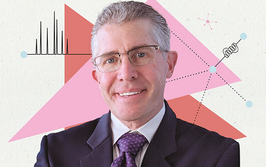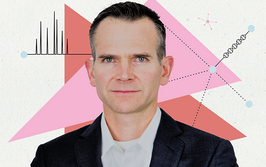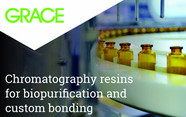Daniel Armstrong
The Power List 2015
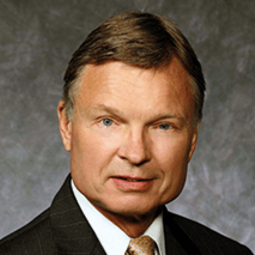
Daniel Armstrong
Robert A. Welch Distinguished Professor, Department of Chemistry and Biochemistry, University of Texas at Arlington, USA.
Most important lesson A) If you have imagination and work harder (and more effectively) than others, you are likely to be successful. B) Create fads rather than following them (most researchers just follow the prevailing scientific fads).
Most unexpected outcome One of the most unexpected things is that our initial interest and work in chiral molecular recognition rapidly morphed into a practical commercial technique (enantiomeric separations) that changed the pharmaceutical industry and regulatory focus. Even more surprising was that over a decade or two later, our early findings resulted in billions of dollars being spent in lawsuits between generic and more "mainstream" drug companies involving single enantiomer drugs. The general public and even most scientists have no idea what has been occurring in this area or the amounts of money being spent.
Encounters with serendipity As indicated in the previous answer, our fundamental interest in molecular recognition resulted in a practical, commercial series of LC and GC columns – which was not our initial interest or intent. Fortunately we didn't ignore this possibility when it arose. In another area, when synthesizing unique ionic liquids for a completely different project, we found that a few of them were enormously useful in MALDI-MS and ESI-MS.
Eye to the horizon... There are more analytical jobs (especially in industry) than in any other branch of chemistry. Most of these are in separations and MS, but other analytical areas are also desirable – if the individuals have broad skills. Further, there are fewer analytical PhDs than in other areas. This puts most analytical chemists in an attractive position in regards to “supply and demand”. However, the federal research funding and the focus of most university departments is not commensurate with the importance of analytical chemistry or its contribution to society. There is more than a bit of jealousy and protectionism in some of the more staid but populous fields of chemistry. Personally, in the near future, I see the size of my group to be more or less constant. More important is to branch into new and interesting areas...
The Power List Like all lists, The Power List is interesting and somewhat controversial. Consequently, it garnered attention. I think it helped to put The Analytical Scientist “on the map”, so to speak.
Sitting Down With: tas.txp.to/1015/Armstrong
